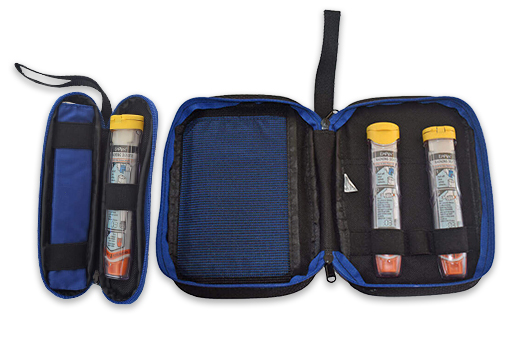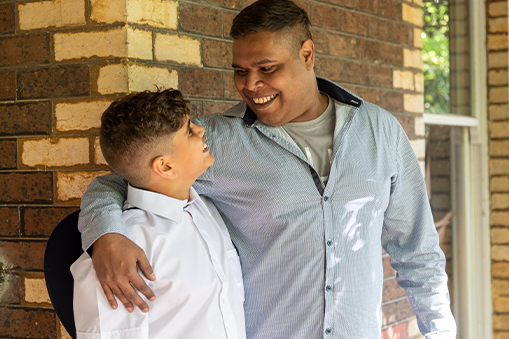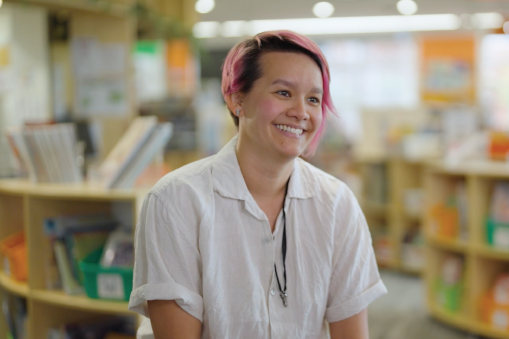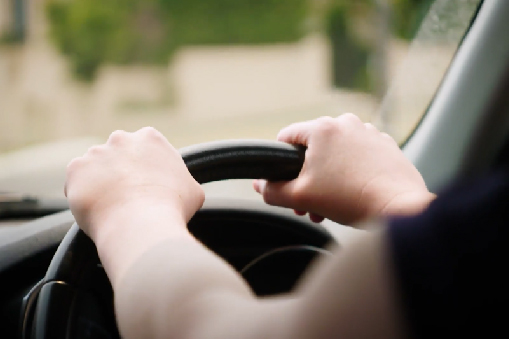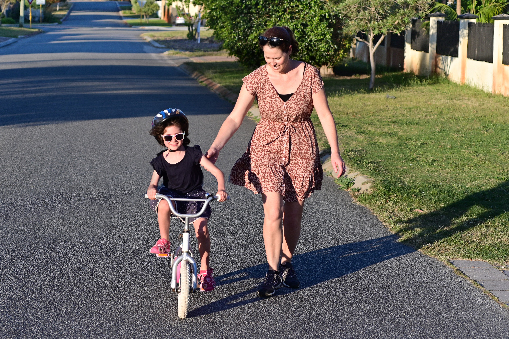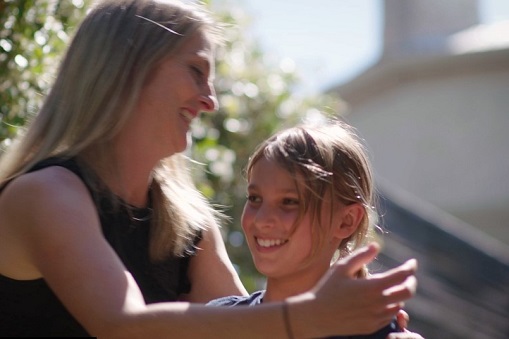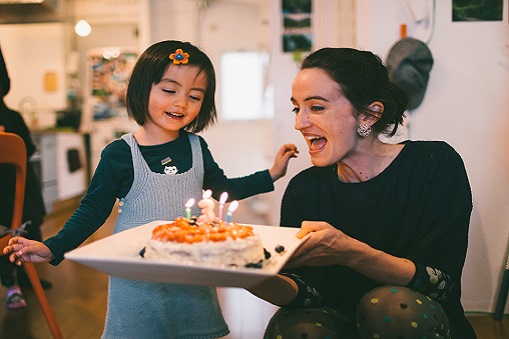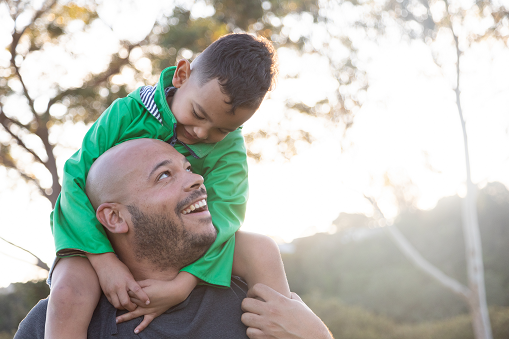This process is called ‘transitioning’ to adult medical care. It’s an important process for adolescents and young adults with chronic medical conditions and is usually complete by the age of 18 years.
1. Start early
The early teenage years are a good time to start speaking to your child and their doctor about how their care will work as they get older. You can also talk to your child about applying for their own Medicare card. Starting the conversation early may help ease the transition for you and your family.
2. Ensure your teen knows their allergies
Your teenager most likely has a good understanding of their allergy triggers. However, there’s no harm in asking their doctor to refresh their knowledge about their allergies and to explain using EpiPen® for first aid in the event of anaphylaxis (severe allergic reaction). You can also encourage your teenager to watch our training videos. Click here to watch a doctor explain how to use EpiPen®.
3. Educate friends about using EpiPen®
As your child becomes more independent, it’s a good idea to encourage them to educate their friends about their allergies and using EpiPen® for first aid in the event of anaphylaxis.
4. Encourage your teenager to build a relationship with their doctors
It’s a good idea for people with severe allergies to build up a history and relationship with a regular GP and allergy specialist who understand their medical history, specific allergy triggers and give them the support they need.
5. Explain what’s involved
Sit down with your teenager and explain all the things you do to help manage their risk of anaphylaxis. This may include making doctors’ appointments and registering on MyEpiPen® to receive expiry reminders.
6. Encourage routine doctor’s appointments
Remind your teenager to book an appointment with their GP, prior to the EpiPen® expiry, to arrange a new prescription and update ASCIA action plan if necessary. Click here for more information about ASCIA Action Plans.
They should also see their allergy specialist every two to three years, or as often as the doctor suggests. Remind your child that they will need to ask their GP for a referral to see a specialist.
In addition to routine appointments, people should always see their specialist following an allergic reaction to a confirmed or new allergen.



